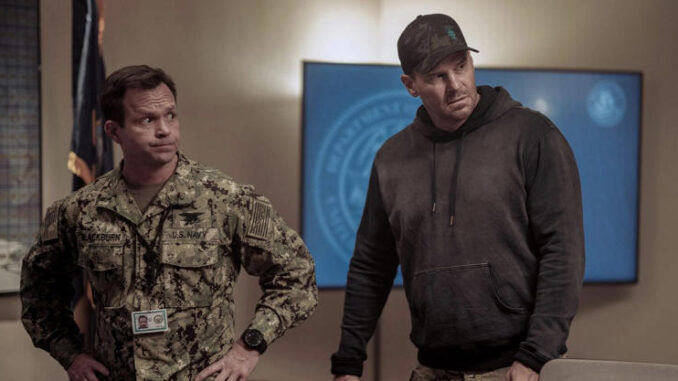
Why Was the Entire SEAL Team 7 Leadership Team Fired? Unpacking the Scandal
Introduction
In September 2019, the U.S. Navy made an unprecedented move by relieving the entire leadership triad of SEAL Team 7 from their positions. This decision sent shockwaves through the military community and raised questions about accountability, leadership, and the ethical standards within elite special operations forces. In this article, we delve into the reasons behind this rare action and explore the broader implications for military leadership and culture.
The Leadership Shake-Up
The Dismissed Leaders
The three senior leaders removed from their positions were:
-
Commander Edward Mason – Team Commander
-
Lieutenant Commander Luke Im – Executive Officer
-
Command Master Chief Hugh Spangler – Senior Enlisted Leader
These individuals were relieved of duty by Rear Admiral Collin Green, the commander of Naval Special Warfare Command, due to a “loss of confidence” resulting from leadership failures that led to a breakdown of good order and discipline within two subordinate units deployed to combat zones.
The Allegations
While the Navy did not publicly identify the specific units involved, reports indicated that a platoon from SEAL Team 7 was sent home early from Iraq in July 2019 due to serious misconduct allegations. These included:
-
Sexual Assault: A senior enlisted member was accused of raping a female comrade during an unofficial Independence Day celebration within the unit.
-
Alcohol Use: Reports surfaced of alcohol consumption during downtime, which is a violation of military regulations for deployed personnel.
These incidents prompted military commanders to lose confidence in the team’s ability to accomplish its mission effectively.
The Navy’s Response
Accountability Measures
In response to the misconduct, Rear Admiral Green issued a directive emphasizing the need for a return to basic military standards. This included:
-
Leadership Overhaul: The dismissal of the entire leadership triad to restore confidence and discipline within the unit.
-
Cultural Reforms: Implementation of measures to address ethical and cultural issues within the SEAL community, including stricter enforcement of grooming and uniform standards.
Broader Implications
This incident highlighted systemic issues within the special operations community, prompting a broader review of training, leadership development, and ethical standards. The Navy recognized the need for a cultural shift to ensure that such breaches of conduct did not recur.
The Aftermath
Reassignments and Investigations
Following their removal, the dismissed leaders were reassigned within the Navy, though specific details about their new positions were not disclosed for security reasons. Additionally, a Disciplinary Review Board was convened to investigate the allegations and determine appropriate actions for those involved.
Cultural Shifts
The SEAL Team 7 incident served as a catalyst for broader reforms within the Navy’s special operations forces. Emphasis was placed on:
-
Ethical Training: Enhanced programs to instill ethical decision-making and accountability among personnel.
-
Leadership Development: Initiatives to cultivate strong, morally grounded leaders capable of upholding the Navy’s core values.
-
Cultural Awareness: Efforts to promote a culture of respect, professionalism, and adherence to regulations.
Conclusion
The dismissal of SEAL Team 7’s leadership triad was a significant event that underscored the importance of accountability and ethical conduct within military operations. It served as a wake-up call for the Navy and other branches of the armed forces to reassess their leadership structures and cultural norms. By addressing these issues head-on, the military aims to restore public trust and ensure that such breaches of conduct do not undermine the integrity of its elite units in the future.